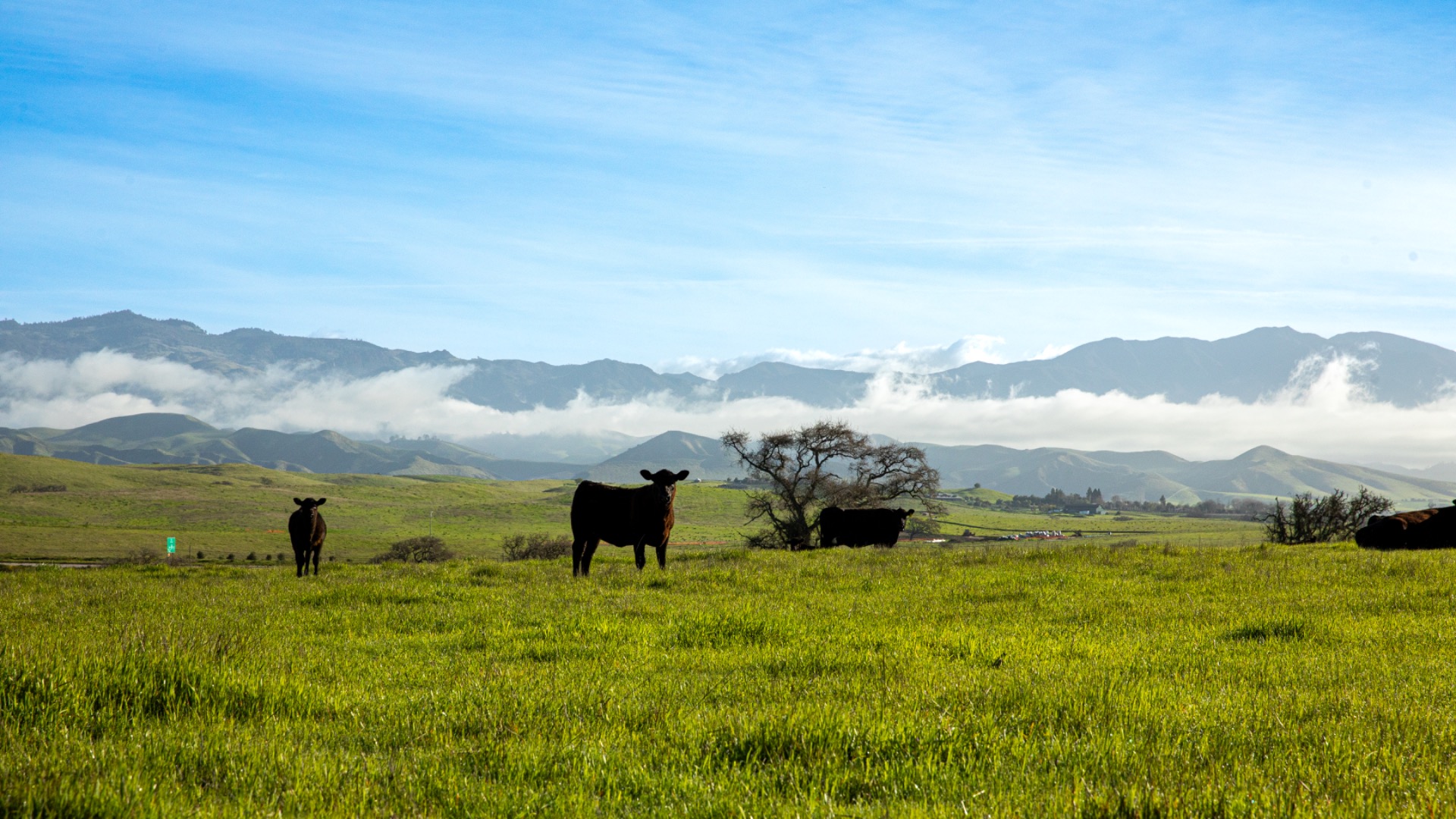
SANTA BARBARA COUNTY CATTLEWOMEN
PROMOTING THE BEEF INDUSTRY SINCE 1952
We are positively promoting beef and the beef industry while raising funds for high school scholarships and supporting Beef Education in community outreach programs...
THE CATTLE WOMEN'S CREED
Believing that the livestock industry is of basic importance to world existence, we, the Santa Barbara County CattleWomen, dedicate ourselves to support it with our labor and finances, to promote it through information and publicity, to encourage its producers with our understanding and love, to do all in our power to instill in the coming generation the power of love of the land, and of life, the humility and awe before Nature, and the hope and Faith in the future that is inherent in Cattlemen and CattleWomen.
Currently in the News

Great Convention!

2024 Santa Barbara County Cattlewomen Dues are Due!!
DUES ARE DUE for Annual Membership ( $45 - includes SBCCW + CCW)
Mail Checks to: SBCCW P.O. box 81, Santa Ynez Ca 93460
**We now have Venmo and Paypal - See members round up or Shindigs Page for QR codes.
Would you like to Join Our Herd? !
Click Here for our Application!
This Affects Cattle and Horses


VSV from Alamo Pintado Equine Medical Center
Our infectious disease team is monitoring confirmed reports of Vesicular Stomatitis Virus(VSV) on the Central Coast. Currently, there are a few confirmed positive cases in Santa Barbara County and in SLO County. The horses are not hospitalized and are being monitored at their home facilities. The team assures that the virus is not cause for alarm, however it is cause for concern.If your horse is not eating well or develops blister-like lesions (vesicles) around the mouth, tongue, oral cavity- and in some cases other regions- you will want to have your horse seen by a local veterinary as these may be signs of Vesicular Stomatitis Virus. Suspect horses should remain at their home facility until examined by a DVM. VSV is primarily spread by biting flies, however it is very contagious horse to horse by direct contact OR from contaminated objects such as water buckets, clothing, etc. The virus may look like "Foot and Mouth Disease," but the two are not related. Horses are not susceptible to FMDV. However, the possibility of transmission of VSV from horses to livestock and the fact that it is very difficult to tell the two viruses apart in ANY species- may give cause for a state and federal response. There is currently no vaccine for VSV.The good news is, while horses that contract VSV may experience discomfort due to the lesions and could possibly develop complications from decreased appetite, they are likely to recover well with supportive care by a veterinarian. If you have any questions or concerns please reach out to your veterinarian or to us at Alamo. Images: California Veterinarian | July-August 2023
